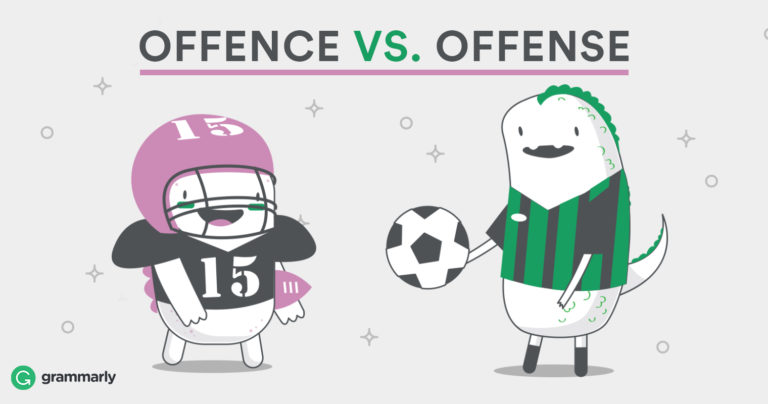
noun
- offense.
noun
- a violation or breaking of a social or moral rule; transgression; sin.
- a transgression of the law; misdemeanor.
- a cause of transgression or wrong.
- something that offends or displeases.
- the act of offending or displeasing.
- the feeling of resentful displeasure caused: to give offense.
- the act of attacking; attack or assault: weapons of offense.
- a person, army, etc., that is attacking.
- Sports.
- the players or team unit responsible for attacking or scoring in a game.
- the players possessing or controlling the ball, puck, etc., or the aspects or period of a game when this obtains.
- a pattern or style of scoring attack: single-wing offense; fast-break offense.
- offensive effectiveness; ability to score: a total breakdown in offense.
- Archaic. injury, harm, or hurt.
noun
- a violation or breach of a law, custom, rule, etc
-
- any public wrong or crime
- a nonindictable crime punishable on summary conviction
- annoyance, displeasure, or resentment
- give offence or give offence to someone to cause annoyance or displeasure to someone
- take offence to feel injured, humiliated, or offended
- a source of annoyance, displeasure, or anger
- attack; assault
- archaic injury or harm
- the offense (ˈɒfɛns) American football
- the team that has possession of the ball
- the members of a team that play in such circumstances
n.see offense. n.late 14c., “hurt, harm, injury, pain,” from Old French ofense “offense, insult, wrong” (13c.) and directly from Latin offensa “an offense, injury, affront, crime,” literally “a striking against,” noun use of fem. past participle of offendere (see offend). Meaning “action of attacking” and “feeling of being hurt” are both first recorded c.1400. Sense of “breach of the law, transgression” is first recorded late 14c. Sporting sense first recorded 1894. see no offense; take offense.
 Liberal Dictionary English Dictionary
Liberal Dictionary English Dictionary